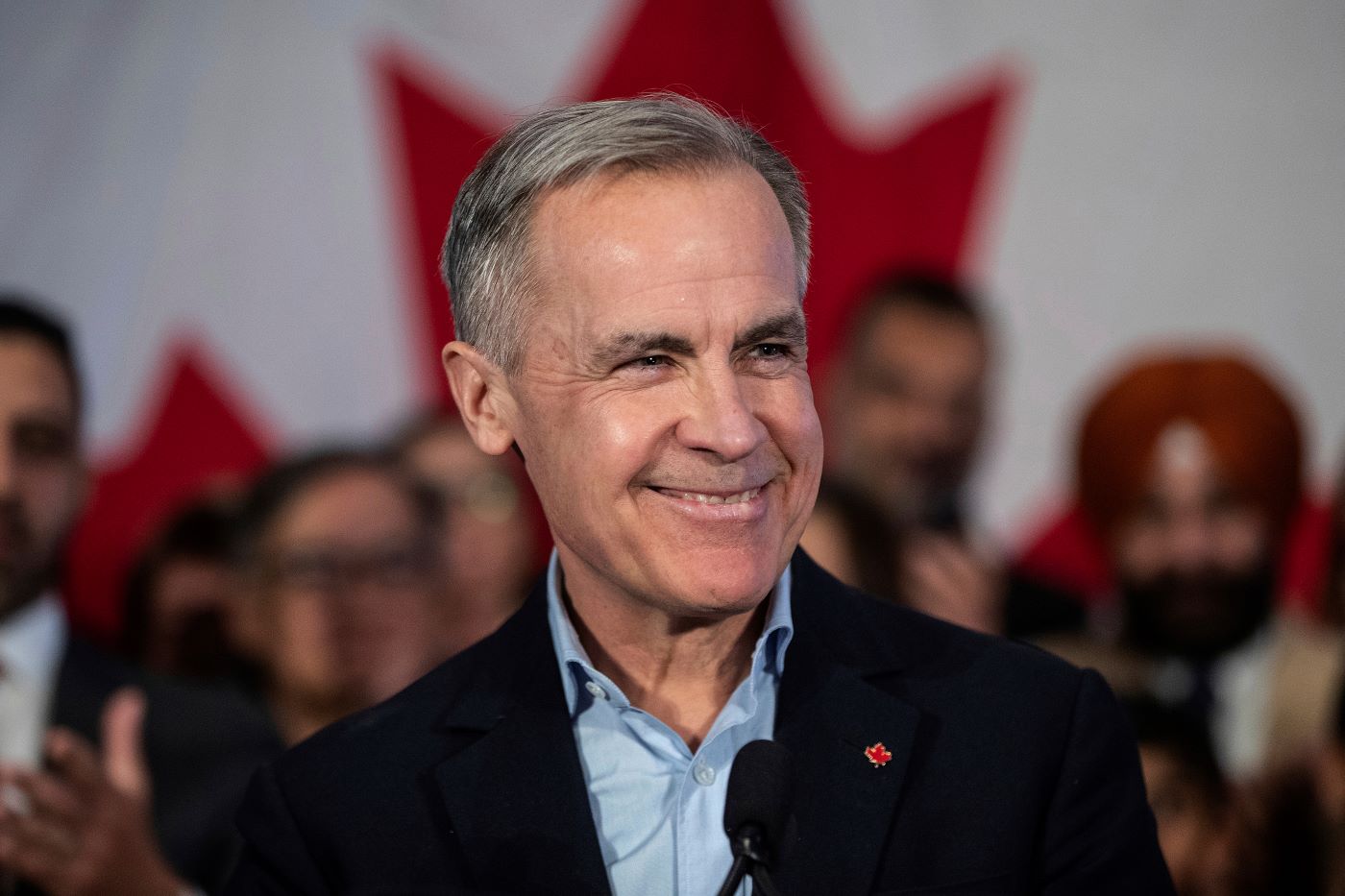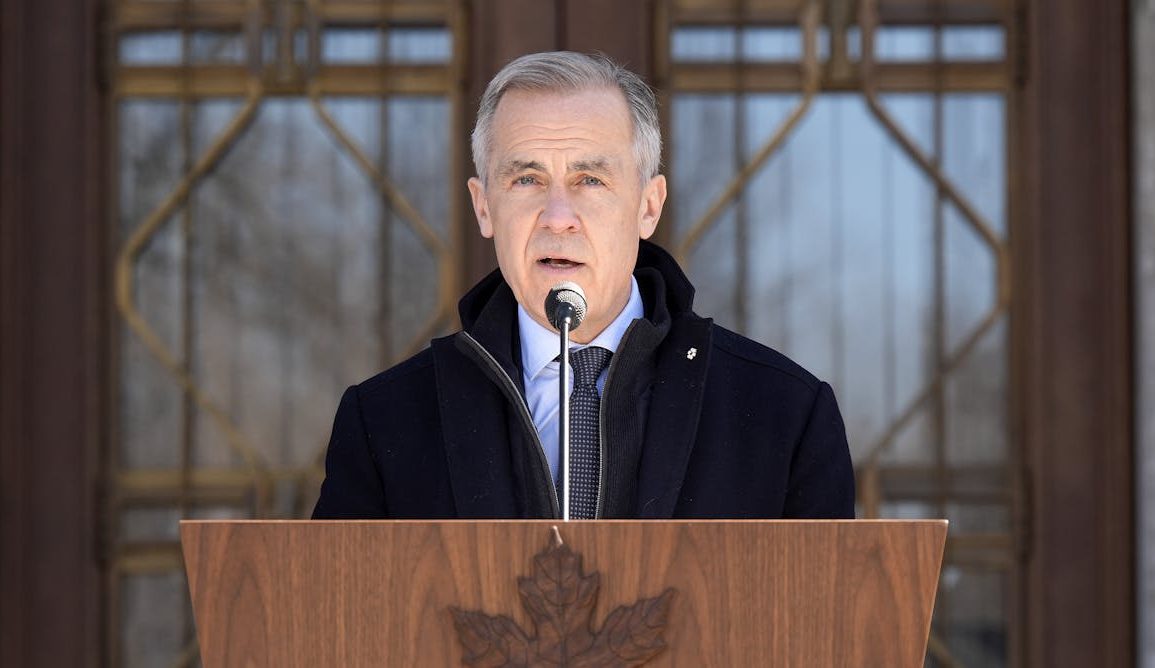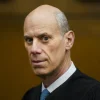After two eventful weeks as prime minister, Mark Carney has officially called an election for April 28. As the first person in Canadian history to become prime minister without prior public office experience, Carney is now seeking the trust of voters. He will run for a seat in the Ottawa riding of Nepean.
Trust is often given to those perceived as knowledgeable, transparent, and concerned. But can Carney meet those expectations?
When it comes to economics, few in Canada are more qualified. After earning a PhD from the University of Oxford, Carney built a distinguished public service career, holding key roles at the Canadian Department of Finance, the Bank of Canada, and the Bank of England.
With ongoing economic uncertainty and repeated threats from U.S. President Donald Trump, Carney’s supporters argue that he is the right person to lead Canada. However, his main opponent, Conservative Leader Pierre Poilievre, brings a different political background—first elected to the House of Commons at just 25 years old.
Can Carney Connect With Voters?
While Carney’s economic credentials are solid, his ability to connect with the public and project transparency and empathy may be more of a challenge.
The Conservatives have already criticized him for not being fully transparent about his private financial interests. While he has followed disclosure rules, his critics argue that Canadians deserve to know more about any potential conflicts of interest tied to his past work at Brookfield Asset Management. His responses to questions on the matter have, at times, seemed unsteady.
On the surface, these concerns are about transparency, but they also reflect a deeper political issue—whether Carney can relate to everyday Canadians. The Conservatives have suggested that Carney’s wealth and elite connections make him an out-of-touch politician.
Some of Carney’s recent public appearances have fueled mixed reactions.
His friendly embrace with French President Emmanuel Macron at the Élysée Palace showcased his comfort on the world stage, a reassuring trait for some.
However, others may see it as privileged and disconnected. Even his hockey photo-op with the Edmonton Oilers was met with similar scrutiny—his skills were honed partly during his time at Harvard, one of the world’s most exclusive institutions.
Lessons from Past Liberal Leaders
If Carney hopes to win over voters, he may need to refine his ability to connect with people—a skill that some of his Liberal predecessors mastered.
Justin Trudeau, for instance, knew how to rally a crowd. Before entering politics, he was a motivational speaker and leveraged platforms like the WE Charity to engage with young voters—a key group that helped him secure victory in 2015.

However, political instinct isn’t something that can be taught in school. A successful leader must balance expert knowledge with the real-life concerns of voters—a skill Carney has yet to prove.
Trudeau, despite his faults, understood this balance. Even former Finance Minister Bill Morneau, a corporate executive himself, admitted that during the COVID-19 pandemic, government payouts were more politically driven than economically calculated. Yet, many believe Trudeau handled the crisis effectively.
Jean Chrétien’s Political Instincts
Carney’s ability to connect with voters was further tested at the recent Liberal leadership convention. While he was confirmed as the party’s leader, it was former Prime Minister Jean Chrétien who stole the spotlight.
Chrétien, far from an elitist, was a political powerhouse. He won three consecutive majorities and knew how to capitalize on public sentiment.
A prime example was Brian Mulroney’s implementation of the GST in 1991—a deeply unpopular decision at the time. Despite backtracking on his opposition to the tax, Chrétien used the issue to devastate the Progressive Conservatives in the election.
Chrétien’s political instincts often outweighed expert analysis. While the GST was economically sound, the Progressive Conservatives paid a steep price for introducing it. Good economics does not always translate into good politics—a lesson Carney will need to keep in mind.
A Heated Election Ahead
If history is any indication—particularly the 1988 election centered on free trade with the U.S.—this campaign is set to be highly emotional.
Carney’s decision to drop the carbon tax and capital gains tax shows that he is no longer just an economist—he is now a politician.
His challenge over the next few weeks will be finding the right balance—bridging expert knowledge with public concerns and presenting policies that Canadians can both understand and support.


